Is Your Therapist a Good Fit? They Need to Be.
You’ve probably thought about therapy for a while, convincing yourself you didn’t need it, hoping things would get better on their own, only to realize… they’re not. Finally, you decide to give therapy a try.
So where do you start? Maybe you Google “therapist near me,” “trauma therapy online,” or “couples counseling virtual.” Or maybe you scroll through Instagram hoping to find someone who clicks. However you begin the search, one thing becomes clear: it can feel overwhelming.
I know the feeling. I’ve sat through first sessions and never gone back. I’ve worked with therapists for a while only to realize something wasn’t clicking. Why? Because the fit wasn’t right. And as a therapist myself, I can tell you, the fit matters more than anything else.
Why the Therapeutic Relationship Matters Most
Most therapists will agree nothing in therapy is more important than the relationship you build with your therapist. Credentials, years of experience, and advanced certifications all mean very little if you don’t feel safe, heard, and respected in the room.
Think about it, this is the person you’ll share your most personal thoughts and struggles with. You need to feel:
Safe from judgment
Supported when you’re vulnerable
That the focus is truly on you
That your therapist can meet you where you are (not where they want you to be)
A therapist might be too blunt for your comfort, push too quickly into trauma, or feel too cold, or too casual. The point is: therapy should feel like the right fit for you.
The Right Fit Can Be Life-Changing
I’ve worked with many clients who struggle with social anxiety or complex trauma. For some, it takes months before they feel comfortable opening up. But with patience, compassion, and trust, something shifts. Sessions move from awkward silences and careful questions to genuine laughter, real connection, and meaningful healing.
That’s the power of a good fit.
And sometimes, the opposite is true. A client might not be the right fit for a therapist. Whether its because the challenges presented are outside of the therapist’s scope of practice or simply because personalities don’t align. Ethical therapists know when to step back and refer out to protect you from harm.
Signs Your Therapist Might Not Be the Right Fit
Here are some red flags to watch out for:
1. You simply don’t like them.
It really can be that simple. Therapy is hard enough without dreading the person you’re sitting across from.
2. Unethical or uncomfortable behavior.
Some violations are obvious, like breaches of confidentiality or inappropriate relationships. Others can feel murkier: too much self-disclosure, trying to connect socially outside of therapy, or excessive contact between sessions. If something feels off, it’s worth addressing.
3. Lack of cultural sensitivity.
Therapists can’t be experts in every culture, but they must practice with respect and humility. If their approach clashes with your values or identity in ways that feel invalidating, the fit may not be right.
4. Judgmental attitudes.
Therapy should be a judgment-free zone. If you feel criticized or dismissed, even unintentionally, it’s worth speaking up. A good therapist will welcome your feedback and work to repair the rupture.
What To Do If It Doesn’t Feel Right
Communicate. Share your concerns. Sometimes a simple conversation can shift the dynamic.
Give it a little time. The first few sessions are often awkward as you both get to know each other.
But trust your gut. If after a few sessions you still feel uneasy, it’s absolutely okay to move on.
The Good News
Many therapists offer a free 15-minute consultation. Use that time to ask questions, get a feel for their style, and decide whether you see potential for a strong connection.
Therapy is an investment in yourself. The right fit doesn’t just make it easier, it can make all the difference.
